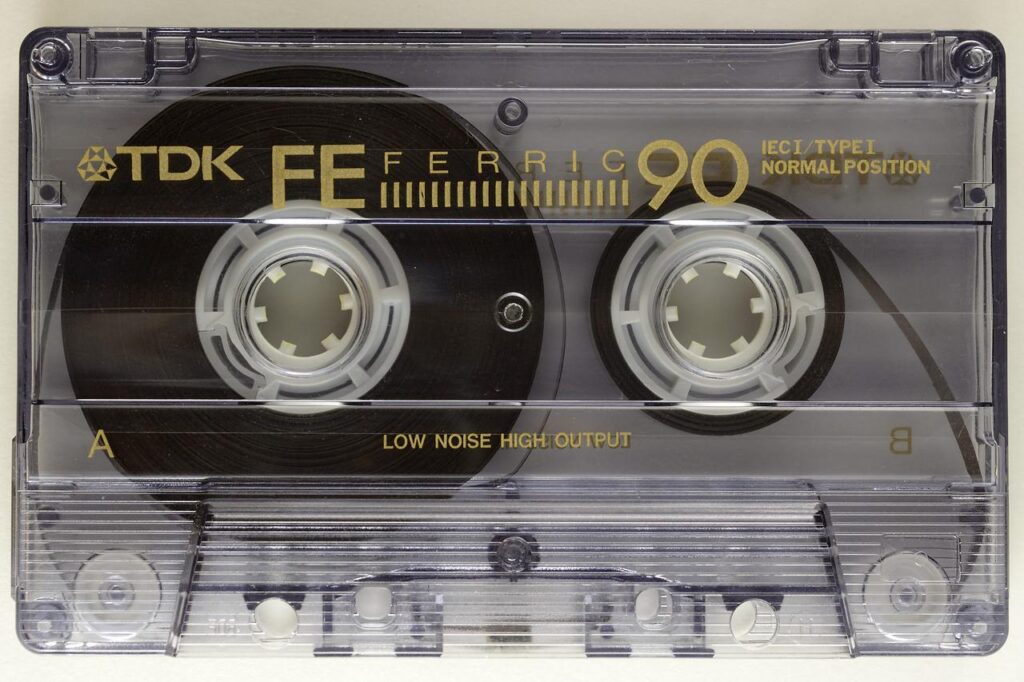I was a kid of the 90’s. I know, what a shock. The late 90’s and early 2000’s had hows like Will & Grace and Sex in the City that impacted me in ways that I should probably talk, to my therapist about. It seems like such a trivial thing nowadays, but when Jack and Will kissed for the first time on primetime television (though clearly fake), it made every morning tv program, news cast and headline, spawning religious debates and SNL skits alike.
This weekend I watched the reboot of SITC, called “And Just Like That…” , a spin off that has the same storylines and characters as the original show that aired over twenty years ago. (Spoiler alert: If you haven’t watched it yet and plan to see what shenanigans Carrie, Miranda and Charlotte are getting into, then skip ahead!) Without giving too much away, the first episode held several surprises that were laying up the new series. The plot stayed relevant by referencing pandemic rituals shared with loved ones and current products like Peloton bikes. It was fun to watch (though somewhat forced in some of the writing, if you ask me, which you didn’t but this is my blog, so…)
Anyhow, one of the main characters has a scene riding a Peloton bike and has a heart attack (that is the worst of the spoilers, I promise!). Immediately afterwards, Peloton’s stock dropped 11% after the episode aired. How crazy is that?? A fictional character in a television series has a heart attack and a real company stock evaluation is affected- so much so that they had to make a new commercial staring the performers and even got Ryan Renolyds to do the voice over work to tell the world that “he’s alive.” I find this funny as h-e- double hockey sticks myself, but it also highlights the power of social belief and the emotional attachment we have with nostalgic archetypes as a culture.
This is making me consider how to use this in personal branding. If an endorsement from a major show like And Just Like That, which I am sure Peloton paid a chunk of change for, backfires like that, then what impact do we have as smaller organizations?
The answer is “as Big as we want.” (Get the pun?) Even though us startups and small organizations aren’t as large as these corporations or television stars, our impact is measured in lives saved and impacts in our communities. It is the little things that add up- networking with other business that care, meeting community members that want to get involved, stepping up where no one else will. I am so happy to be surrounded by people like that, people like you!
Thank you for being such a great part of this journey.
Your fan,
Jacob

